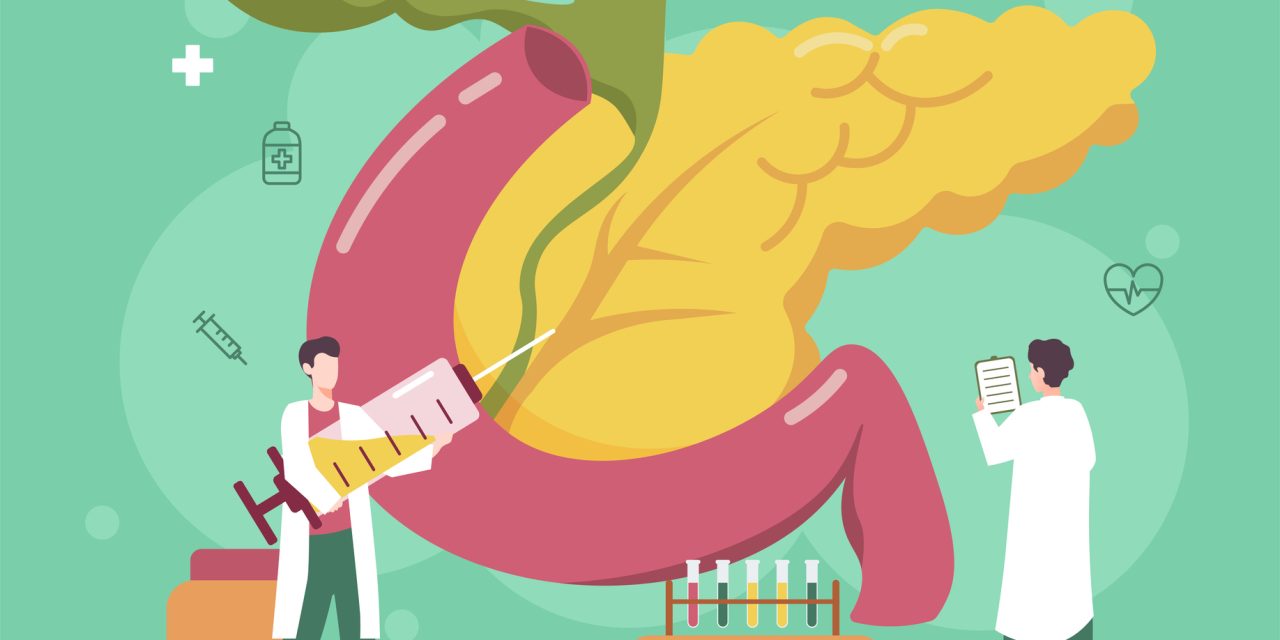Proteomic technologies allow the detection of thousands of proteins at the same time, being a powerful technique to reveal molecular regulatory mechanisms in spermatozoa and also sperm damage linked to low fertility or specific biotechnologies. Modifications induced by the cryopreservation in the stallion sperm proteome were studied using HPLC/MS/MS. Ejaculates from fertile stallions were collected and split in two subsamples, one was investigated as fresh (control) samples, and the other aliquot frozen and thawed using standard procedures and investigated as frozen thawed subsamples. UHPLC/MS/MS was used to study the sperm proteome under these two distinct conditions and bioinformatic enrichment analysis conducted. Gene Ontology (GO) and pathway enrichment analysis were performed revealing dramatic changes as consequence of cryopreservation. The terms oxidative phosphorylation, mitochondrial ATP synthesis coupled electron transport and electron transport chain were significantly enriched in fresh samples (P = 5.50 × 10, 4.26 × 10 and 7.26 × 10 respectively), while were not significantly enriched in frozen thawed samples (P = 1). The GO terms oxidation reduction process and oxidoreductase activity were enriched in fresh samples and the enrichment was reduced in frozen thawed samples (1.40 × 10, 1.69 × 10 versus 1.13 × 10 and 2-86 × 10 respectively). Reactome pathways (using human orthologs) significantly enriched in fresh sperm were TCA cycle and respiratory electron transport (P = 1.867 × 10), Respiratory electron transport ATP synthesis by chemiosmosis coupling (P = 2.124 × 10), Citric acid cycle (TCA cycle)(P = 8.395 × 10) Pyruvate metabolism and TCA cycle (P = 3.380 × 10), Respiratory electron transport (P = 2.764 × 10) and Beta oxidation of laurolyl-CoA to decanoyl CoA-CoA (P = 1.854 × 10) none of these pathways were enriched in thawed samples (P = 1). We have provided the first detailed study on how the cryopreservation process impacts the stallion sperm proteome. Our findings identify the metabolic proteome and redoxome as the two key groups of proteins affected by the procedure. SIGNIFICANCE: In the present manuscript we investigated how the cryopreservation of stallion spermatozoa impacts the proteome of these cells. This procedure is routinely used in horse breeding and has a major impact in the industry, facilitating the trade of genetic material. This is still a suboptimal biotechnology, with numerous unresolved problems. The limited knowledge of the molecular insults occurring during cryopreservation is behind these problems. The application and development of proteomics to the spermatozoa, allow to obtain valuable information of the specific mechanisms affected by the procedure. In this paper, we report that cryopreservation impacts numerous proteins involved in metabolism regulation (mainly mitochondrial proteins involved in the TCA cycle, and oxidative phosphorylation) and also affect proteins with oxidoreductase activity. Moreover, specific proteins involved in the sperm- oocyte interaction are also affected by the procedure. The information gathered in this study, opens interesting questions and offer new lines of research for the improvement of the technology focusing the targets here identified, and the specific steps in the procedure (cooling, toxicity of antioxidants etc..) to be modified to reduce the damage.Copyright © 2020 Elsevier B.V. All rights reserved.
Proteomic profiling of stallion spermatozoa suggests changes in sperm metabolism and compromised redox regulation after cryopreservation.


